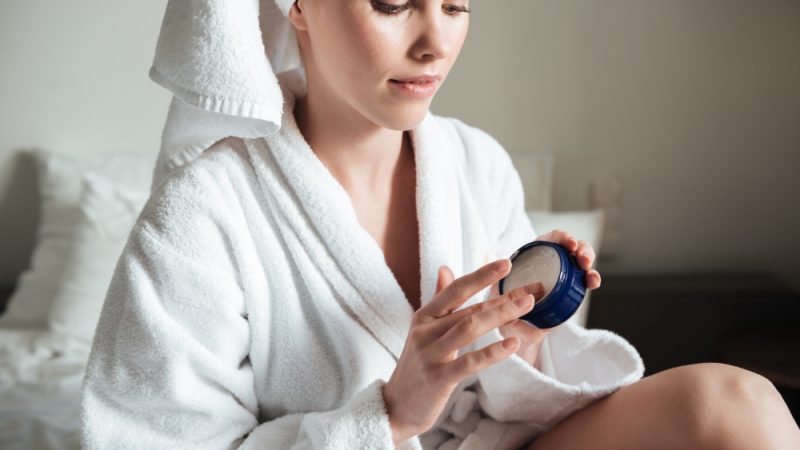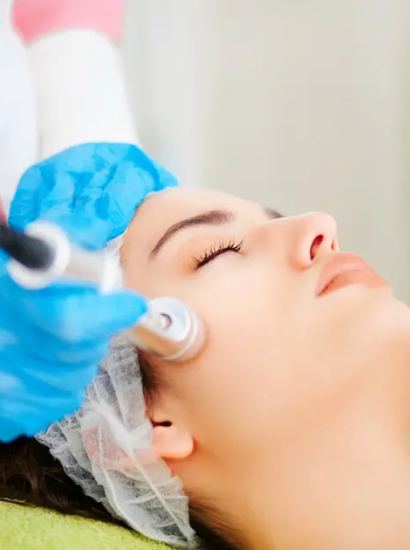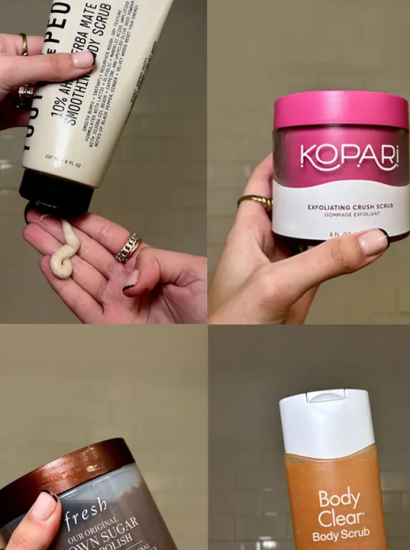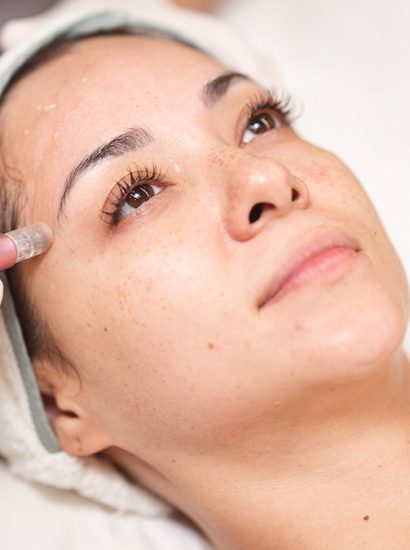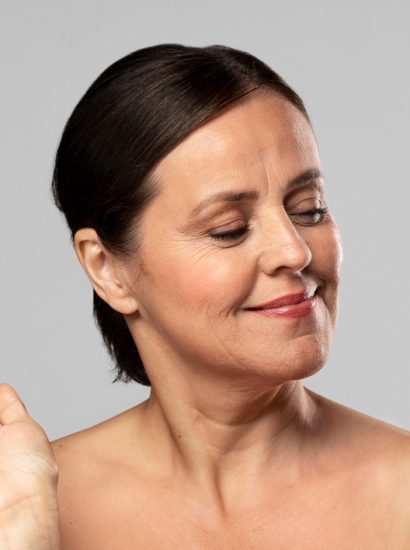Struggling with breakouts and searching for the perfect night cream for acne-prone skin? You’re not alone. Acne is one of the most common skin concerns, and finding a night cream that hydrates without clogging pores can be challenging. The right formula not only prevents breakouts but also soothes irritation, reduces redness, and improves skin texture.
In this guide, we’ve rounded up the best night creams for acne-prone skin, packed with acne-fighting and skin-nourishing ingredients. Whether you’re dealing with oily, dry, or sensitive acne-prone skin, there’s a perfect match for you.
How to Choose the Best Night Cream for Acne-Prone Skin
Not all night creams are created equal—especially when it comes to acne-prone skin. Here’s what to look for:
Non-Comedogenic Ingredients
Always choose a non-comedogenic night cream, meaning it won’t clog pores. Look for labels that explicitly state “oil-free” or “won’t cause breakouts.”
Acne-Fighting Ingredients
Salicylic Acid – Exfoliates the skin and clears clogged pores.
Benzoyl Peroxide – Fights acne-causing bacteria.
Niacinamide – Reduces inflammation and redness.
Tea Tree Oil – A natural antibacterial agent.
Hydrating & Healing Ingredients
Acne treatments can dry out the skin, so it’s important to balance hydration. Look for:
Hyaluronic Acid – Keeps skin hydrated without making it greasy.
Aloe Vera – Soothes inflammation.
Ceramides – Strengthen the skin’s barrier.
Avoid Harmful Ingredients
Stay away from fragrances, alcohol, and heavy oils like coconut oil, which can worsen acne.
Top 5 Best Night Creams for Acne-Prone Skin
After extensive research and dermatologist recommendations, here are the top picks:
CeraVe PM Facial Moisturizing Lotion
Why It’s Great
✔ Contains niacinamide to calm inflammation.
✔ Lightweight, oil-free, and non-comedogenic.
✔ Includes ceramides to restore the skin barrier.
Best For: Combination to oily acne-prone skin.
La Roche-Posay Effaclar Duo Dual Action Acne Treatment
Why It’s Great
✔ Contains benzoyl peroxide to fight acne.
✔ Reduces post-acne marks with lipo-hydroxy acid.
✔ Fast-absorbing, non-greasy texture.
Best For: Oily, acne-prone skin with frequent breakouts.
Neutrogena Hydro Boost Water Gel
Why It’s Great
✔ Oil-free & lightweight formula.
✔ Hyaluronic acid provides deep hydration.
✔ Won’t clog pores or cause breakouts.
Differin Restorative Night Moisturizer
Why It’s Great
✔ Works well with retinoid treatments.
✔ Contains hyaluronic acid and ceramides for hydration.
✔ Helps repair damaged skin barrier.
Best For: Acne-prone skin using retinol or acne medications.
The Ordinary Natural Moisturizing Factors + HA
Why It’s Great
✔ Non-comedogenic and fragrance-free.
✔ Hydrates with amino acids & hyaluronic acid.
✔ Supports healthy skin without clogging pores.
Best For: Sensitive, acne-prone skin.
Tips for Using Night Cream on Acne-Prone Skin
Even the best night cream can’t work miracles if not used properly. Follow these tips for the best results:
Cleanse Your Face Thoroughly
Use a gentle, sulfate-free cleanser before applying night cream to remove dirt and oil.
Apply a Lightweight Serum First
If using serums (like niacinamide or hyaluronic acid), apply them before your night cream for better absorption.
Use the Right Amount
A pea-sized amount is enough. Applying too much can lead to clogged pores.
Be Consistent
Give your night cream at least 4–6 weeks to show results.
Pair with an SPF in the Morning
Many acne treatments increase sun sensitivity, so always wear SPF during the day.
Conclusion
Finding the best night cream for acne-prone skin can transform your skincare routine. The right product should hydrate, soothe, and treat breakouts without causing irritation. Whether you prefer CeraVe PM for barrier repair, La Roche-Posay for acne treatment, or Neutrogena Hydro Boost for hydration, there’s an option for every skin type.
Consistency is key—stick to your routine, avoid pore-clogging ingredients, and don’t forget your morning SPF!
FAQs
Can I use night cream if I have oily, acne-prone skin?
Yes! Just make sure to choose an oil-free, non-comedogenic formula. Gel-based night creams work best for oily skin.
Is it okay to use retinol in my night cream?
Retinol can be great for acne, but start slowly (2-3 times a week) to avoid irritation. Always moisturize well when using retinol.
Should I use a different moisturizer in the morning?
Yes. Night creams tend to be richer and may not work well under makeup. Opt for a lightweight, mattifying moisturizer in the morning.
Will a night cream completely cure my acne?
Night creams help manage acne, but a complete skincare routine (including cleansers, serums, and treatments) is key. If acne persists, see a dermatologist.
How long does it take to see results?
With consistent use, you should see improvement in 4–6 weeks.
Also read: Top Skincare Products: The Ultimate Guide for Healthy & Glowing Skin

